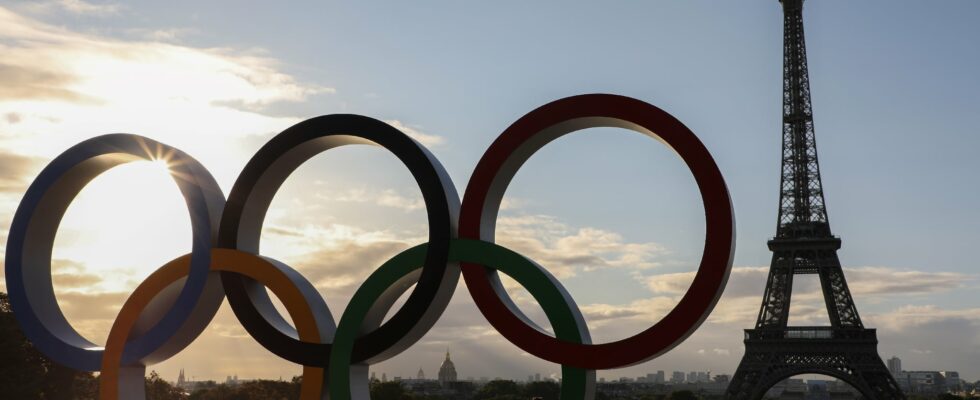And the gold medal goes to… Toyota. A report by the think tank The New Weather Institute, published on Monday, July 22, shows that among the main global sponsors of the Olympic Games are companies that emit a lot of greenhouse gases. On the podium for emissions are Samsung, Procter & Gamble and at the top, Toyota. According to the authors, companies are using the Olympic Games to engage in “sportswashing” – sports greenwashing.
The study authors compared the self-reported emissions of these major sponsors of the Paris 2024 Olympic Games, collecting data from their annual sustainability reports. They focused on the 14 global partners that are members of the International Olympic Committee’s TOP (The Olympic Partner) program. There are also national sponsors (such as LVMH or Air France), which are not part of the scope of this study.
According to the report, “the top three emitters are 1) the world’s largest automaker, Toyota; 2) consumer goods giant Procter & Gamble; and 3) electronics conglomerate Samsung.” Also a little further down the list are Bridgestone, Panasonic and Coca-Cola.
THE Toyota 2023 Sustainability Report indicates that the company’s total emissions in 2022 amounted to 575.8 million tonnes of CO2. In detail, the company emitted 2.4 million tonnes of scope 1 CO2 emissions (direct emissions), 2.9 million tonnes of scope 2 CO2 emissions (indirect energy-related emissions) and is responsible for 570.5 million tonnes of scope 3 CO2 emissions (other indirect emissions, such as those emitted by transport, logistics, purchased services, etc.)
According to the study, this is more than the national emissions of most countries participating in the Games, except for 11. France, for example, emitted the CO2 equivalent of 404 million tonnes in 2022.
For Samsung, total emissions for 2022 were 139.8 million tonnes, and 159 million for Procter & Gamble.
“Sports greenwashing”
“At some point in history, sporting events had to decide to no longer accept money from the tobacco industry, because it went against the health ideals they promoted,” the authors recall in the preamble to the report, for whom “there comes a time when the money of a dishonest sponsor compromises the very objectives of the Games.” Beyond their carbon footprint, the authors deplore strategies of “sports greenwashing” or “sportswashing” on the part of these companies.
The Olympic Games are one of the most publicized international sporting events, second only to the FIFA World Cup. A platform for the marketing of brands, which through the signed agreements are authorized among other things to use the Olympic rings for advertising purposes. “Toyota spends approximately 835 million dollars on its Olympic agreement, making it the first car manufacturer to join the TOP program – while breaking by far the record for any IOC sponsorship agreement in the history of the Games,” notes the think tank.
Procter & Gamble spends $8 billion annually on advertising, while Samsung’s deal with the IOC is unknown but runs through 2028. A dedicated page at the Paris Olympics, for example, allows the South Korean manufacturer to offer branded products.
However, an investigation by Climate Impacts Tracker Asia notes, for example, that Toyota “abuses its position as an Olympic partner by claiming that its fleet of vehicles for the Games is 100% electrified”, when “less than half run entirely on battery electricity and most of the rest run on gasoline”. It markets the 2,674 vehicles made available to transport athletes and accredited personnel under the name of “100% electrified passenger vehicle fleet“, and this “even though 1,021 of these cars are hybrids running on gasoline, therefore far from being fully electrified”, reveals the report. Only 176 are equipped with a plug, the remaining 845 hybrids being recharged “at the gas pump”.
The think tank also points out that the Games were “without sponsorship” “until Avery Brundage, president of the IOC, retired in 1972”.
